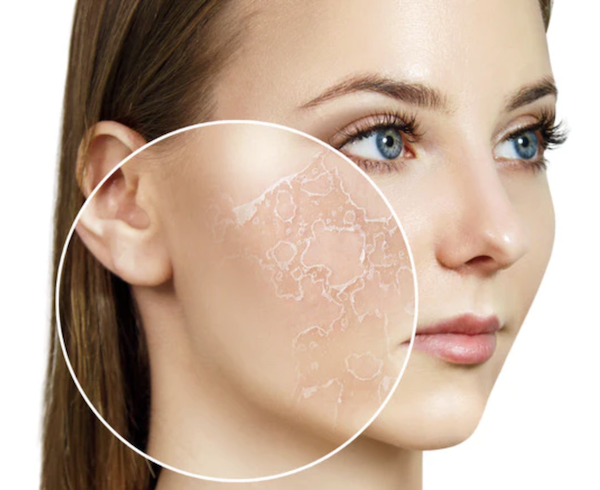Antioxidant for the heart, brain, skin, muscles and more!
 Since CoEnzyme Q10 (CoQ10) was first discovered in 1957, science has revealed this antioxidant is a powerhouse of protection for the human body. Best known for its ability to protect the heart, it has beneficial effects for multiple health conditions affecting the brain, lungs, kidneys, skin, and generally every cell in the body.
Since CoEnzyme Q10 (CoQ10) was first discovered in 1957, science has revealed this antioxidant is a powerhouse of protection for the human body. Best known for its ability to protect the heart, it has beneficial effects for multiple health conditions affecting the brain, lungs, kidneys, skin, and generally every cell in the body.
Our bodies produce CoQ10 naturally, but production reduces as we age and deficiencies can be associated with several diseases. Its effects are so broad because CoQ10 helps the body produce energy in every cell as well as acting as an antioxidant, breaking down free radicals that can cause damage. Free radicals can damage DNA, leading to cancer. They also play roles in heart disease, stroke, arthritis, alcoholic liver damage, and even the aging process.
CoQ10 to the rescue
Here are some of the key areas where CoQ10 supplementation has proved beneficial.
Heart disease – Multiple studies show people with congestive heart failure have improved symptoms if taking CoQ10. In addition, their risk of dying from heart problems is reduced. Those who have had a heart attack have reduced risk of a recurrence if taking CoQ10. Studies show supplements also may help lower high cholesterol and high blood pressure.
Statin drugs – Statin drugs are designed to lower cholesterol, but in doing so they also lower levels of CoQ10. Since the heart needs large amounts of CoQ10, that can be a concern. Studies show that some of the side effects of statins – muscle pain and weakness – can be reduced by supplementing with CoQ10.
Brain health – Studies show that people with cognitive decline often have low levels of CoQ10. Some studies show CoQ10 supplementation can slow deterioration for people with Alzheimer’s and Parkinson’s diseases. Some studies also show that CoQ10 can help prevent migraine headaches.
Gum disease – Studies show CoQ10 can help reduce periodontitis inflammation when used in conjunction with good dental habits.
Reproductive disorders – Studies show that the antioxidant properties of CoQ10 can help improve both sperm and egg quality and quantity.
Lung diseases – Because your lungs have the most contact with oxygen, they are very susceptible to oxidative damage. That damage is associated with asthma and chronic obstructive pulmonary disease (COPD). Studies show CoQ10 supplementation can improve symptoms, lowering the need for steroid medications and improving exercise performance.
Diabetes – CoQ10 has been shown to improve insulin sensitivity and regulate blood sugar levels.
Aging skin – CoQ10 applied directly to the skin can reduce sun damage, and may help decrease the risk of skin cancer.
What form of CoQ10 to get?
CoQ10 comes in two forms, ubiquinone and ubiquinol. Ubiquinone is the oldest form commercially available and has been involved in most of the medical studies, clearly proving its worth. Ubiquinol is a more recent product and is said by some studies to be more absorbable. It’s also more expensive.
Dose
Doses of CoQ10, no matter what form, generally range from 50 mg to 200 mg. According to the Linus Pauling Institute, there have been no reports of significant adverse side effects when taken orally at doses as high as 3,000 mg daily for up to eight months.
Drug Interactions
Use of Warfarin and CoQ10 has been reported to decrease the anticoagulant effect of Warfarin. Consult your doctor before taking.




